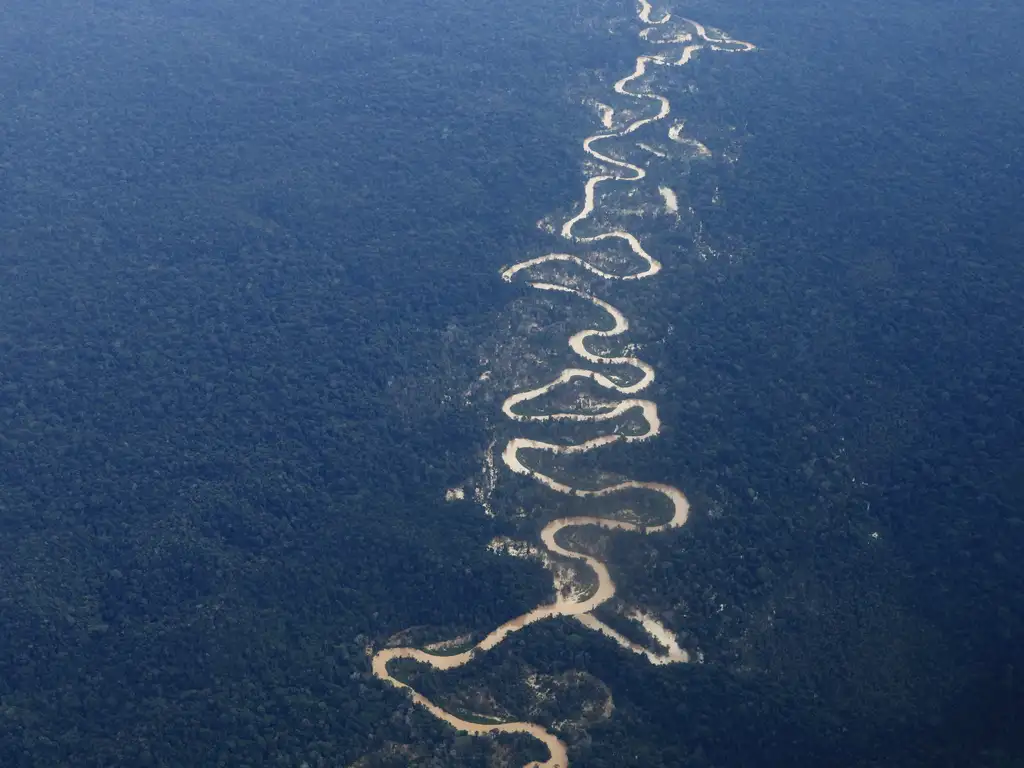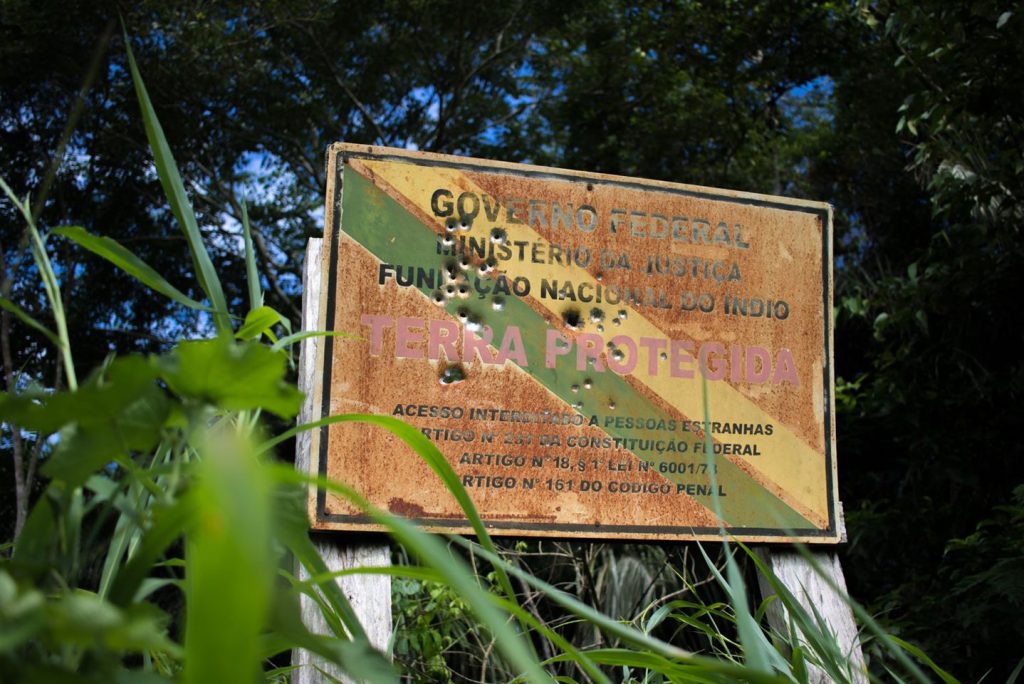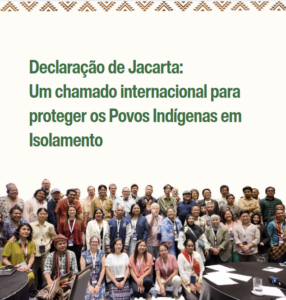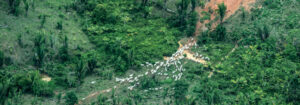With the support of 78 organisations, representative bodies denounce the appointment of far-right anti-indigenous congressmen and women to the committee by the Speaker of the House, Artur Lira

In a statement released on 20 May, the associations representing Yanomami and Ye'kwana peoples, Hutukara Yanomami Association (HAY), Urihi Yanomami Association (URIHI), Parawami Yanomami Association (Parawami) and Wanasseduume Ye'kwana Association, say they are surprised with the creation of the new committee by the speaker of the Lower House Artur Lira to allegedly investigate the humanitarian crisis in the Yanomami indigenous land in Roraima ‘because it is made up of congress representatives linked to the Bolsonaro government who have always acted against indigenous rights.’
In the document, which was supported by 78 indigenous and civil society organisations, the associations express ‘repudiation and indignation’ at what they classify as yet another aggressive action by the Lower House. ‘Far from expressing concern and commitment to our people, it intends to use the pain and death of the Yanomami and Ye'kwana people for simulating political disputes and defending mining in indigenous territories,’ they say.
The note recalls that in 2022 and 2023 two special commissions were set up in the National Congress to monitor the situation in the Yanomami Indigenous Land. “These Commissions concluded that the neglect and intentional omission of the Brazilian state, especially during the Bolsonaro government, which led to an increase in illegal mining in our territory and the abandonment of health care for our people were the main causes of the humanitarian crisis we are experiencing,” state the associations.
In January 2023, the federal government declared a state of emergency in the Yanomami Indigenous Land because it realised the extensive and criminal mining invasion in the territory was leading to an ongoing genocide . ‘Brazil and the world have already learnt about the serious situation in our territory and the suffering of our people. For this reason, the creation of a new external committee, made up of deputies who favour mining and oppose the demarcation of indigenous lands, such as congressman Nicoletti (UB/RR) and congresswoman Coronel Fernanda (PL/MT) among others, can only be understood as a mockery and an affront to the suffering of the Yanomami and Ye'kuana peoples and all the indigenous peoples of Brazil.”
The note goes on to list the actions that are actually needed to alleviate the humanitarian emergency in Yanomami territory. “It is the obligation of the Brazilian state to take all necessary measures to guarantee our right to life, health and the protection of our territory. It is up to the Judiciary to immediately declare the unconstitutionality of law 14.701/2023, which installs the Marco Temporal* in an authoritarian way and intends to open up our territories to the insatiable interests of third-parties. It is up to the Executive Branch to intensify its actions to combat mining and remove intruders in the Yanomami Indigenous Land, and to strengthen health care for our people. And it is up to the Legislative Branch to stop its immoral attack on the rights of indigenous peoples and to respect our territories.’
For the associations of the Yanomami and Ye'kwana peoples, ‘it is immoral, illegal and unacceptable’ for the suffering of their peoples to be used for ‘indecent and anti-democratic’ political disputes. Finally, they denounce the creation of the chamber of deputies' external commission as yet another manoeuvre by Artur Lira and the Bolsonaro base in the National Congress, “at a time when the Brazil is witnessing in Rio Grande do Sul the tragic effects of flexibilising environmental laws in favour of an economic model that destroys nature and territories’.
*The Marco Temporal refers to the legal theory according to which the original/indigenous peoples can only demand the demarcation of lands where they were already living on October 5, 1988, the date Brazil’s present Federal Constitution was enacted.
[Full press release - POR]



